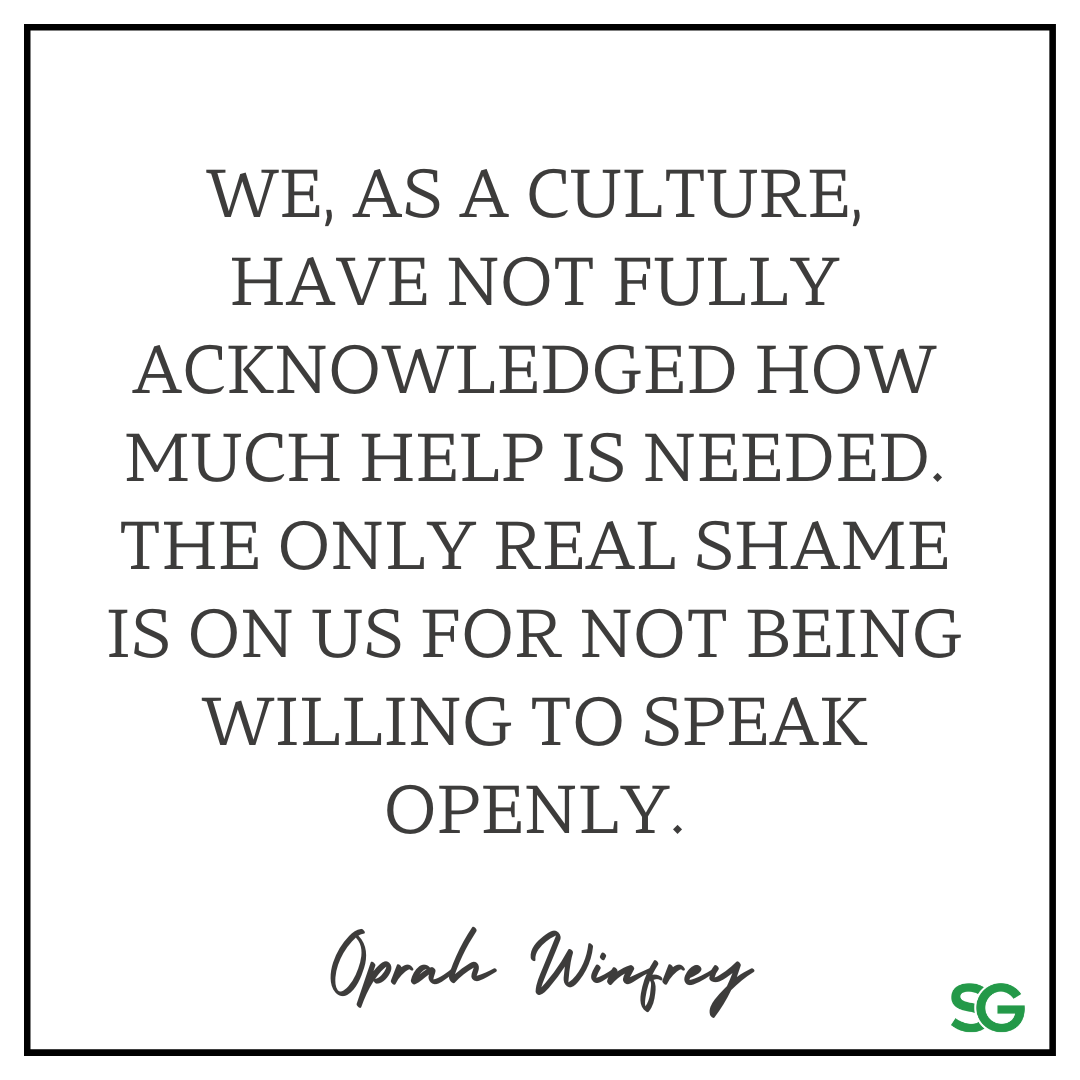Last week we talked about what addiction is, this week we are focusing on why stigmatizing addiction is so detrimental to one’s journey towards sobriety. Stigma is based on people’s misconceptions about addiction and their judgment on the perceived shortcomings they believe lead to addiction. It’s time to shift the narrative and recognize addiction for what it truly is, a complex health condition that requires understanding, support, and proper treatment. In today’s blog, we’ll explore why addiction shouldn’t carry a stigma and why support, research and policy change is so important when it comes to erasing the stigma surrounding it.
The Nature of Addiction
Addiction is a chronic disease that affects the brain’s structure and function. It’s sort of like a child when they hear the ice cream truck’s annoying jingle, it is a pavlovian response, they want ice cream and they want it now! After a few hits, sips, a few random purchases online, your brain realizes, they like the high and so it chases that high despite and and all adverse consequences.
The WHY of addiction is the result of genetics, environment, and psychological factors, making it similar to other chronic diseases like diabetes or heart disease. By understanding addiction as a medical issue, we can start to approach it with the empathy and seriousness it deserves.
The Impact of Stigma
The stigma surrounding addiction creates so many barriers, not only socially but also in seeking and receiving treatment. We fear judgment from our community, friends, and family, which is incredibly isolating, depressing and it often worsens our addictive behaviors. Furthermore, stigma can:
- Prevent us from seeking help due to shame or fear.
- Influence public policy in ways that restrict funding and support for addiction treatment.
- Impede healthcare professionals’ ability to provide the best care possible.
Dr. Nora Volkow, Director of the National Institute on Drug Abuse, emphasizes, “Stigma against people with substance use disorders might be one of the most significant barriers to people seeking help. It undermines their ability to access treatments and fuels social isolation.”
Education and Awareness
Public education about the realities of addiction is crucial in breaking down stereotypes. Addiction education should start early, ideally in schools, and be part of ongoing public health messaging. Accurate information can help individuals recognize the signs of addiction in themselves and others, promoting early intervention and support.
Supportive Language
Language plays a critical role in shaping perceptions. We need to abolish language like “junkie,” “addict,” and “drug habit” because they have such negative connotations and perpetuate stigma. We can use kind and supportive language like, “person with a substance use disorder” because first it acknowledges the person part of the equation and acknowledges the dignity of those affected. Changing how we talk about addiction can change how we think about and act towards those experiencing it.
Policy and Healthcare Changes
To effectively address addiction, we need policy changes that support comprehensive, accessible, and evidence-based treatment options. We have to do better, we need real change and that is why when you vote, vote for people who are going to make a real difference in the addiction and mental health fields.
Community and Support
Creating supportive communities that understand the challenges of addiction can significantly alleviate the burden of stigma. Support groups, both in-person and online, can offer space for sharing experiences and coping strategies.
The stigma associated with addiction is unnecessary and harmful. It creates additional challenges for those who are already struggling. We need to look at addiction as a health issue, promote education, advocate for compassionate language, implement supportive policies, and foster understanding communities. Only then can we start to dismantle the stigma and provide real support to those in need.
Together, we can transform how society views and treats addiction, this is doable, we are change makers!

All the best, SG